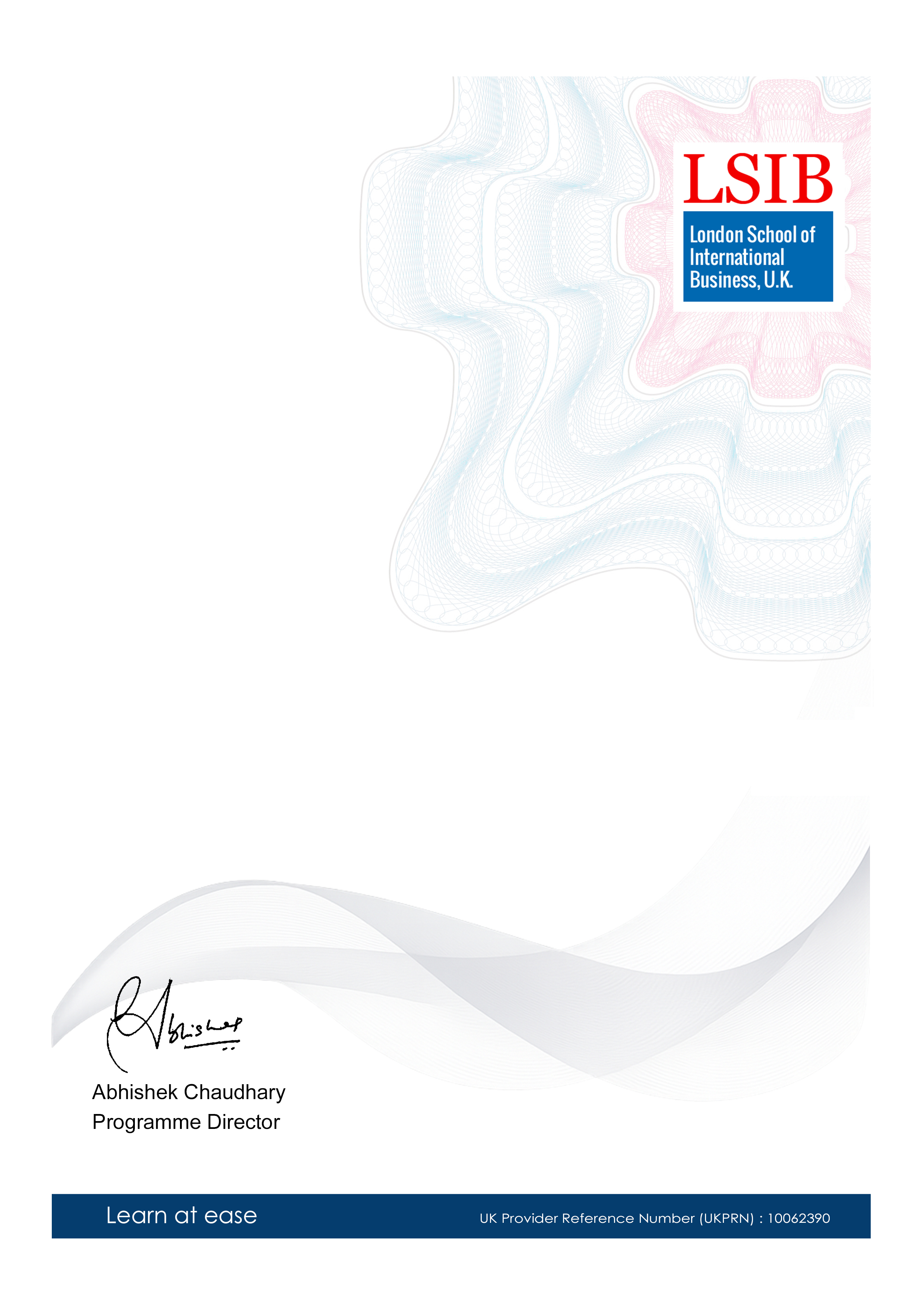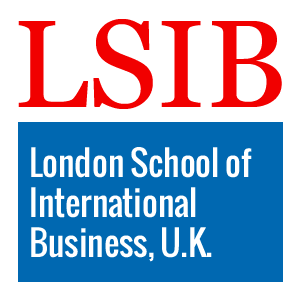Postgraduate Certificate in Geospatial Peacebuilding for Diplomacy
-- viewing nowPostgraduate Certificate in Geospatial Peacebuilding for Diplomacy equips professionals with essential skills to leverage geospatial technologies in conflict resolution. This program is designed for diplomats, peacebuilders, and policy analysts seeking innovative solutions to global challenges.
7,377+
Students enrolled
GBP £ 140
GBP £ 202
Save 44% with our special offer
About this course
100% online
Learn from anywhere
Shareable certificate
Add to your LinkedIn profile
2 months to complete
at 2-3 hours a week
Start anytime
No waiting period
Course details
• Conflict Analysis and Resolution Strategies
• Geographic Information Systems (GIS) for Diplomacy
• Data Visualization and Communication in Peace Processes
• Ethical Considerations in Geospatial Data Usage
• Participatory Mapping and Community Engagement
• Policy Development and Implementation in Geospatial Contexts
• Case Studies in Geospatial Applications for Conflict Resolution
• Monitoring and Evaluation of Peacebuilding Initiatives
• Innovations in Technology for Peace and Security
Career path
Career Roles in Geospatial Peacebuilding
- Geospatial Analyst: Focuses on analyzing spatial data to inform peacebuilding efforts, utilizing mapping technologies to visualize conflict zones and assess humanitarian needs.
- Peacebuilding Consultant: Provides expert advice on strategies for conflict resolution, integrating geospatial data to enhance the effectiveness of peace initiatives.
- Diplomatic Advisor: Advises government officials on international relations and peace processes, leveraging geospatial insights to inform policy decisions and diplomatic strategies.
- GIS Specialist: Operates Geographic Information Systems to create detailed maps and spatial analyses, supporting peacebuilding projects with vital geographical information.
- Data Scientist: Analyzes complex datasets, including geospatial data, to identify trends and patterns that aid in conflict prevention and resolution efforts.
Entry requirements
- Basic understanding of the subject matter
- Proficiency in English language
- Computer and internet access
- Basic computer skills
- Dedication to complete the course
No prior formal qualifications required. Course designed for accessibility.
Course status
This course provides practical knowledge and skills for professional development. It is:
- Not accredited by a recognized body
- Not regulated by an authorized institution
- Complementary to formal qualifications
You'll receive a certificate of completion upon successfully finishing the course.
Why people choose us for their career
Loading reviews...
Frequently Asked Questions
Course fee
- 3-4 hours per week
- Early certificate delivery
- Open enrollment - start anytime
- 2-3 hours per week
- Regular certificate delivery
- Open enrollment - start anytime
- Full course access
- Digital certificate
- Course materials
Get course information
Earn a career certificate

